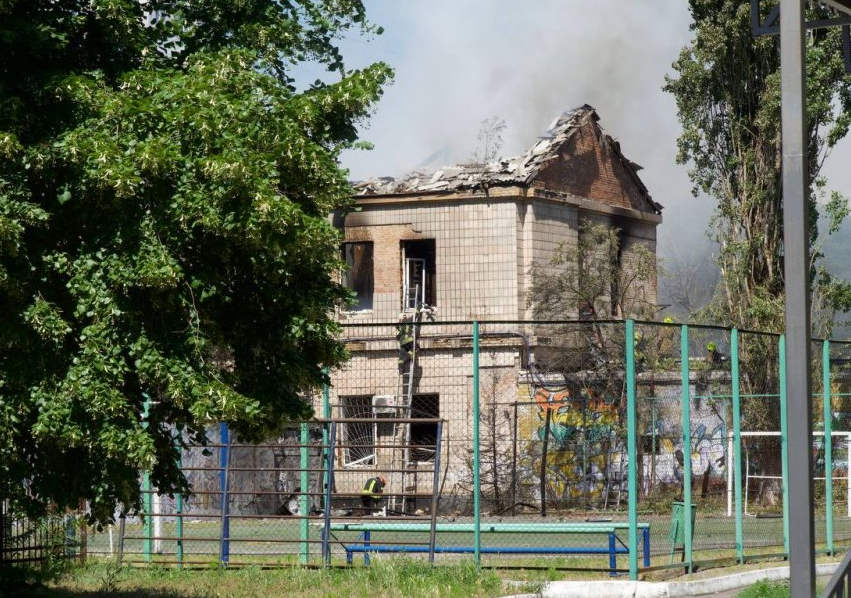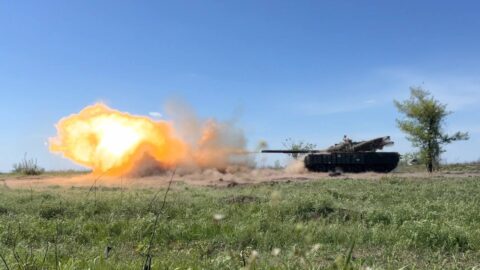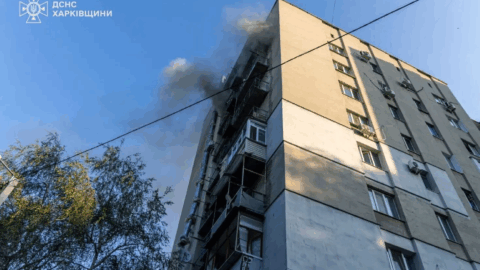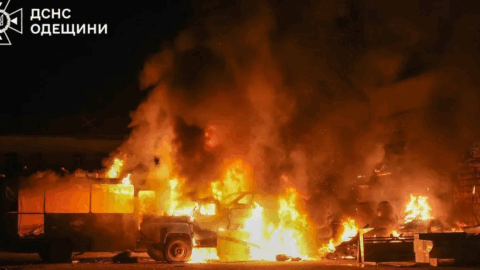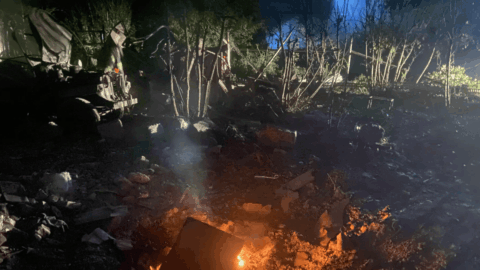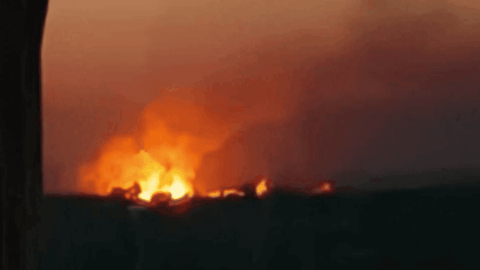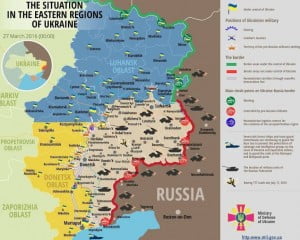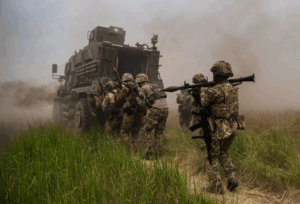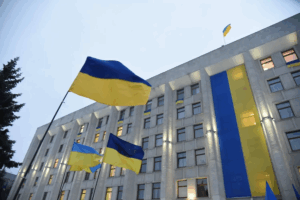Three strikes in a week: Could Russian drone attacks on Territorial Recruitment Centers disrupt mobilization in Ukraine?
The russian strike on the Territorial Recruitment Center (TRC) in Kremenchuk became the third such attack on Ukrainian military enlistment offices in a week.
This already gives reason to speak of a new worrying trend in the enemy’s terrorist tactics.
RBC-Ukraine explains the purpose behind Russia’s strikes on recruitment centers – and why these attacks are unlikely to succeed.
Key points:
- What is known about the strikes on TRCs?
- What were the consequences of the Shahed drone attacks?
- Can the enemy disrupt mobilization?
- How could strikes on TRCs affect mobilization in Ukraine?
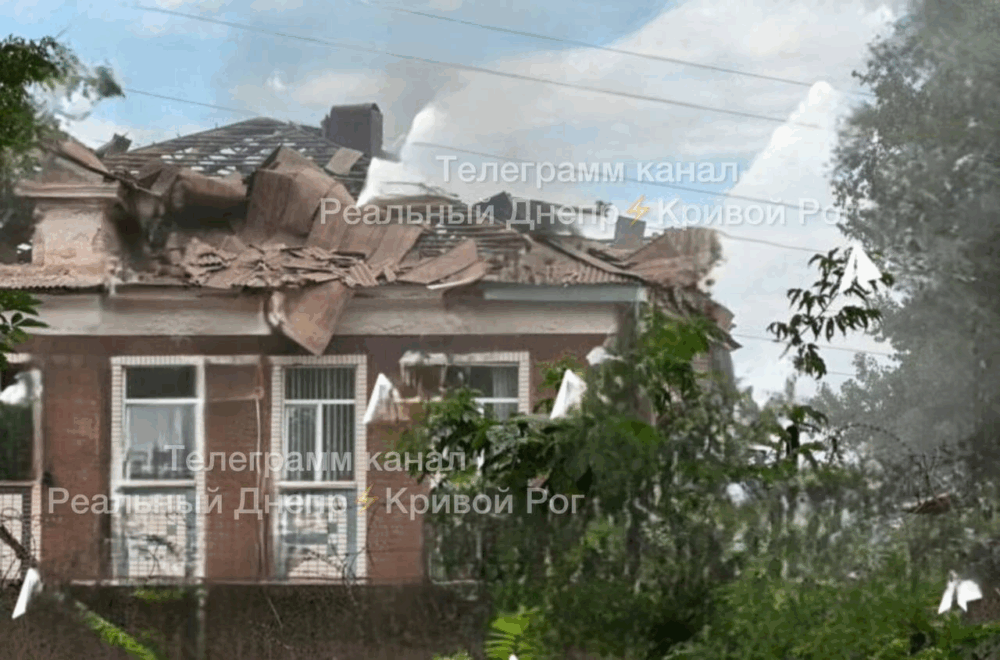
Which three Territorial Recruitment Centers have already been hit by Russian strikes?
On the morning of June 30, Russians attacked Kryvyi Rih with Shahed drones. According to Oleksandr Vilkul, head of the local Defense Council, three people were injured. Photos of the damaged roof of the Saksahanskyi District TRC appeared online.
Later, the Ground Forces reported that the strike was carried out near the TRC building. Losses were avoided because the staff was in shelter during the alarm. However, civilians near the site of the attack were injured.
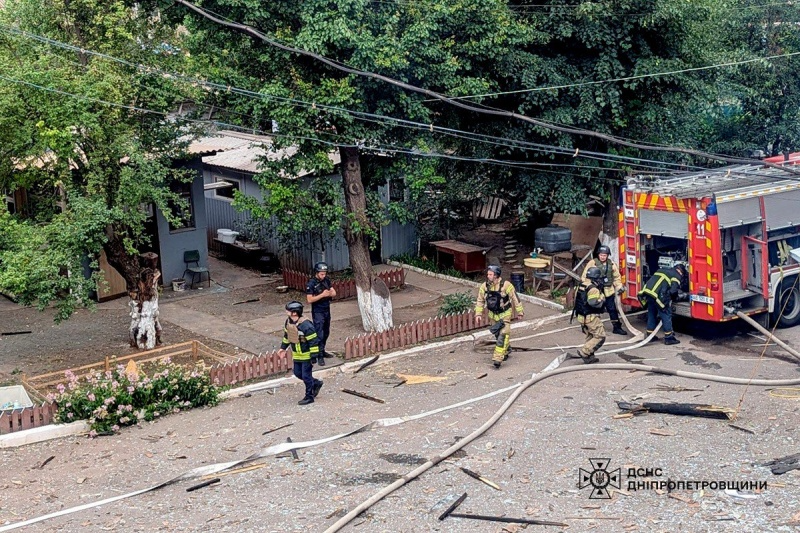
On the morning of July 3, Shahed-type drones struck two locations in Poltava, resulting in tragic consequences. One hit occurred on the premises of the city Territorial Recruitment Center (TRC), and the other at the regional TRC. Both military facilities are located in densely populated urban areas.
Due to the strike near the Poltava Regional TRC, a private house caught fire. As a result, there were civilian casualties, including both injuries and fatalities. Additionally, two servicemen from the TRC and two servicemen from the Armed Forces of Ukraine were reported injured.
In total, after the strikes on Poltava, nearly 60 people sought medical assistance, and three died. One of them was Oleksandr Lyashyk, a graduate student at Poltava State Agrarian University. The second was Stanislav Popovych, a demobilized soldier. The third victim was a woman whose life doctors fought to save until the very end.
Today, the enemy struck the Territorial Recruitment Center (TRC) in Kremenchuk, Poltava region, with a Shahed drone. It is currently known that both the military enlistment office building and a nearby residential house were hit. According to preliminary reports, one person was injured, 14 houses and five cars were damaged.
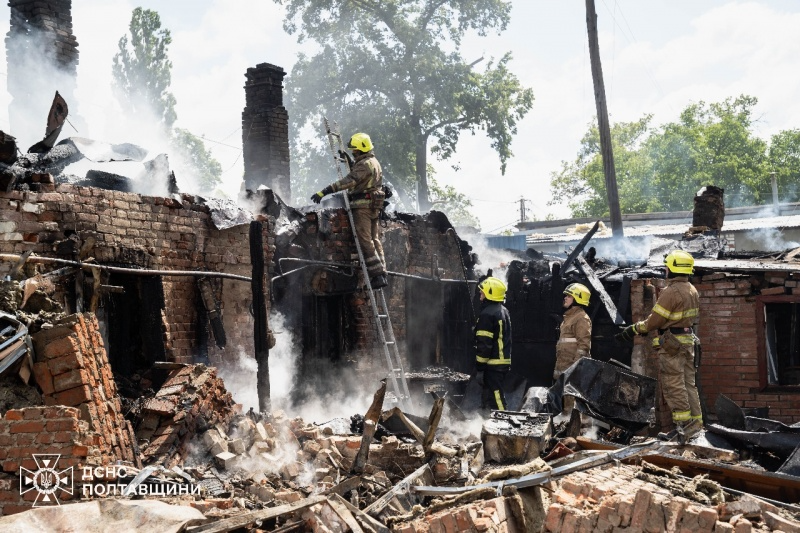
Why is the enemy targeting Ukrainian Territorial Recruitment Centers?
The reason is obvious and connected to mobilization, said Oleksandr Musienko, a serviceman of the Territorial Defense Forces of the Armed Forces of Ukraine and a military expert, in a comment to RBC-Ukraine.
“Despite their propaganda claiming that Ukraine supposedly has no strength left (to fight), they are trying to disrupt our mobilization processes. The goal of the strikes is to prevent us from fully carrying out mobilization activities,” the interlocutor explained.
This week, the Ground Forces also stated that the increase in such attacks aims to disrupt mobilization. However, they added that the mobilization process itself cannot be stopped.
The last point was confirmed to Suspilne by Roman Istomin, spokesperson for the Poltava Regional Territorial Recruitment Center. According to him, despite the shelling, mobilization in the region continues as usual. Any delays that occur are temporary and related to specific social issues. Moreover, the documents of conscripts, draftees, and reservists are mostly duplicated in the electronic registry called “Oberig.”
Today, Vitaliy Sarantsev, spokesperson for the Ground Forces, told RBC-Ukraine that the enemy is very afraid of the influx of servicemen into the Ukrainian army.
“It’s worth recalling that this Russian campaign began earlier — in the form of terrorist attacks on TRC and enlistment office buildings, including a series of bombings and attempts to bring explosive devices inside,” he noted.
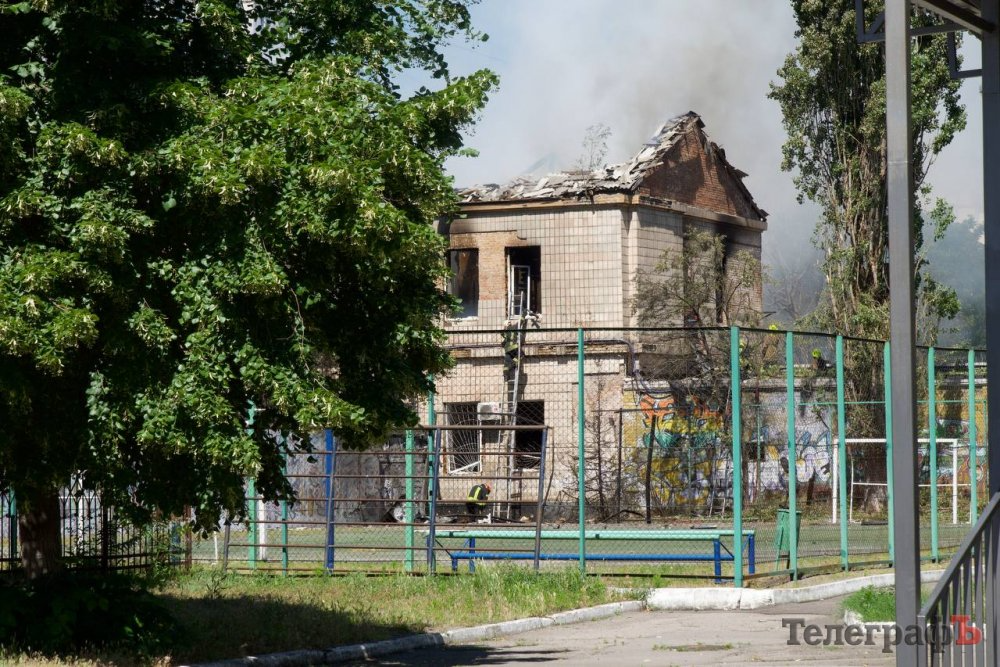
Will the attacks on Territorial Recruitment Centers continue, and could they affect mobilization?
According to Sarantsev, the three attacks on TRCs in Kryvyi Rih, Poltava, and Kremenchuk are part of an ongoing terrorist campaign.
“Given this, we expect attempts at such strikes to continue. On our part, we will do everything possible to protect the servicemen working at the TRCs and enlistment offices, as well as the civilians who come to these centers,” the Ground Forces spokesperson added in an interview.
The fact that the TRC in Kremenchuk became the third such target of a Shahed drone attack within one week indicates a possible systematic pattern, Musienko believes.
“And, unfortunately, these attacks may continue. Therefore, I expect that our units will take certain measures to improve protection and minimize the impact on the recruitment centers,” the expert emphasized.
He also draws attention to the ongoing digitalization campaign, within which military registration is being transferred to a digital format. In his opinion, the attacks may actually help mobilization to further “go digital,” so to speak.
“We have an ongoing digitalization campaign. Accordingly, the enemy’s expectation that everything will be stored on paper and can be destroyed is futile. Digitalization is especially important now. I hope this will accelerate and also minimize the consequences of such attacks,” Musienko added.
The preparation of this report used information from the Ground Forces of the Armed Forces of Ukraine, the State Emergency Service, a publication by Suspilne, as well as exclusive comments from Ground Forces spokesperson Vitaliy Sarantsev and military expert and Territorial Defense Forces serviceman Oleksandr Musienko for RBC-Ukraine.
Reminder: It was previously reported that Ukrainians can receive referrals for the military medical commission without having to visit the Territorial Recruitment Center (TRC), and RBC-Ukraine published the corresponding instructions.
Additionally, recently fake news resurfaced online about the alleged mobilization of women in Ukraine. The Center for Countering Disinformation of the National Security and Defense Council (NSDC) identified the orchestrators and the purpose of this information psychological operation (IPSO).

